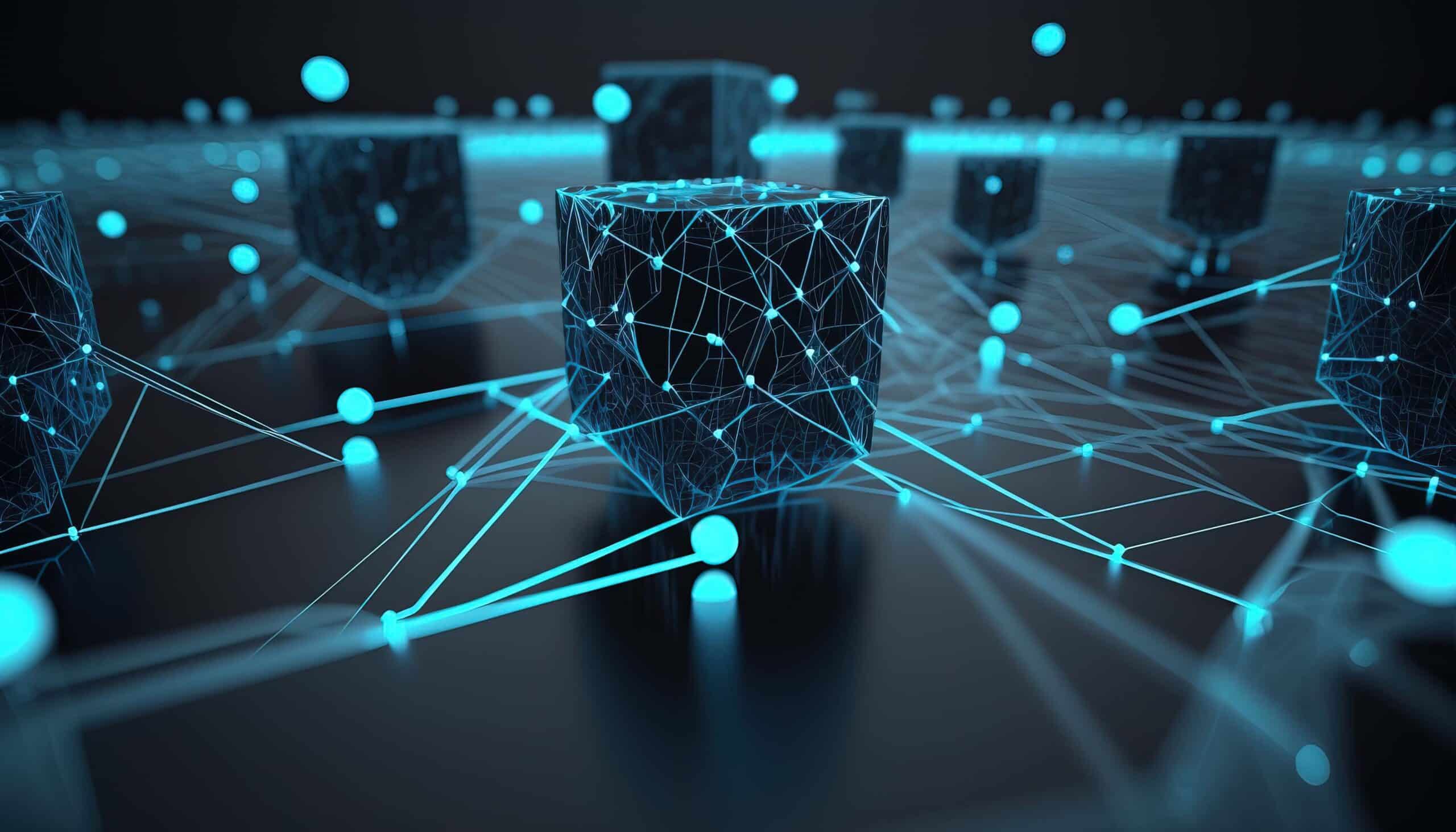Since the introduction of the term in 1956, artificial intelligence has sparked fascination and debate. This set of complex algorithms allows machines to acquire independence and decision-making capabilities, thus imitating human intelligence. Embracing a myriad of techniques such as neural networks and predictive analytics, AI integrates into our daily lives and transforms industries. By fundamentally altering our interaction with technology, it opens promising perspectives on the future and prompts us to rethink our relationship with work and creativity. Whether through robotics or cloud, it redefines the digital age.
Table des matières
ToggleUnderstanding Artificial Intelligence: Glossary
Artificial Intelligence (AI): AI is the attempt to imitate human intelligence through algorithms. These algorithms are developed to analyze, learn, and make decisions, enabling a machine or program to perform tasks autonomously.
Algorithm: A set of rules or instructions for solving a problem. In the context of AI, these are mathematical programs capable of learning new information and adapting to different situations.
Artificial Neurons: Basic components of artificial neural networks that simulate the functioning of biological neurons. Each neuron processes input data and generates an output that can become an input for other neurons in the network.
Neural Network: A structure made up of many interconnected artificial neurons, organized in layers, primarily used for machine learning and deep learning. These networks are essential for understanding complex data and making predictions.
Machine Learning: A branch of AI based on the idea that systems can learn from data, identify patterns, and make decisions with minimal human intervention. This technique often relies on creating and refining algorithms to improve performance.
Deep Learning: A subcategory of machine learning that uses multiple neural networks to simulate a structure similar to the human cerebral cortex. Deep learning is particularly effective for processing nonlinear and complex data.
Strong Artificial Intelligence: An idealized type of AI that would have the ability to understand, experience, and adapt to anything like a human being. To date, strong AI remains a theoretical notion, not yet realized.
Weak Artificial Intelligence: This refers to AIs specialized in specific tasks, such as voice recognition or predictive modeling. They execute precise commands without possessing true awareness or understanding.
Automation: The use of AI to perform tasks that typically require human intervention, aiming to improve efficiency and reduce errors. AI plays a central role in advanced automation.
Cloud Computing: A computing system that allows access to computing resources on demand via the Internet. The marriage between cloud computing and AI offers enhanced possibilities for large-scale data analysis.
Cybersecurity: Protection against digital attacks. With AI, systems can better detect, prevent, and respond to online threats through predictive analytics models.
Environmental Impact: AI technologies are increasingly used to assess and mitigate their own environmental impact. Initiatives for eco-friendly artificial intelligence are emerging for sustainable development.
Industry 4.0: A new industrial era that integrates AI, automation, and digital connectivity to optimize processes. Management of resources and materials is also enhanced through AI.

Frequently Asked Questions about Artificial Intelligence
Q: What is artificial intelligence (AI)?
A: Artificial intelligence is a set of programs and algorithms that imitate human intelligence by analyzing data and making decisions.
Q: What is the main goal of AI?
A: The main goal of AI is to imitate human intelligence through the creation of programs capable of making decisions and solving problems autonomously.
Q: Since when has the concept of AI existed?
A: The term “artificial intelligence” was introduced in 1956, rooted in the works of philosophers and scientists, such as Hippolyte Taine.
Q: How does artificial intelligence work?
A: AI works through the use of algorithms executed by computers that analyze data, learn from it, and take actions based on the information obtained.
Q: What are the types of artificial intelligence?
A: There are several types of artificial intelligence, mainly divided into three categories: weak AI, strong AI, and superintelligent AI.
Q: Why is artificial intelligence important?
A: AI is crucial because it allows the automation of complex tasks, improves operational efficiency, and drives innovation in various industrial sectors.
Q: What is the impact of AI on industry?
A: Within the context of Industry 4.0, AI contributes to optimizing processes, reducing technical debt, and improving production through advanced techniques like predictive maintenance.
Q: Does AI have environmental concerns?
A: Yes, the environmental impact of AI is a growing concern, particularly due to the high energy demand for the GPUs required for its operation.
Q: How is AI integrated into the concept of Industry 5.0?
A: In Industry 5.0, AI plays a crucial role in customizing production, enhancing human-machine interaction, and increasing the sustainability of industrial processes.
“`





